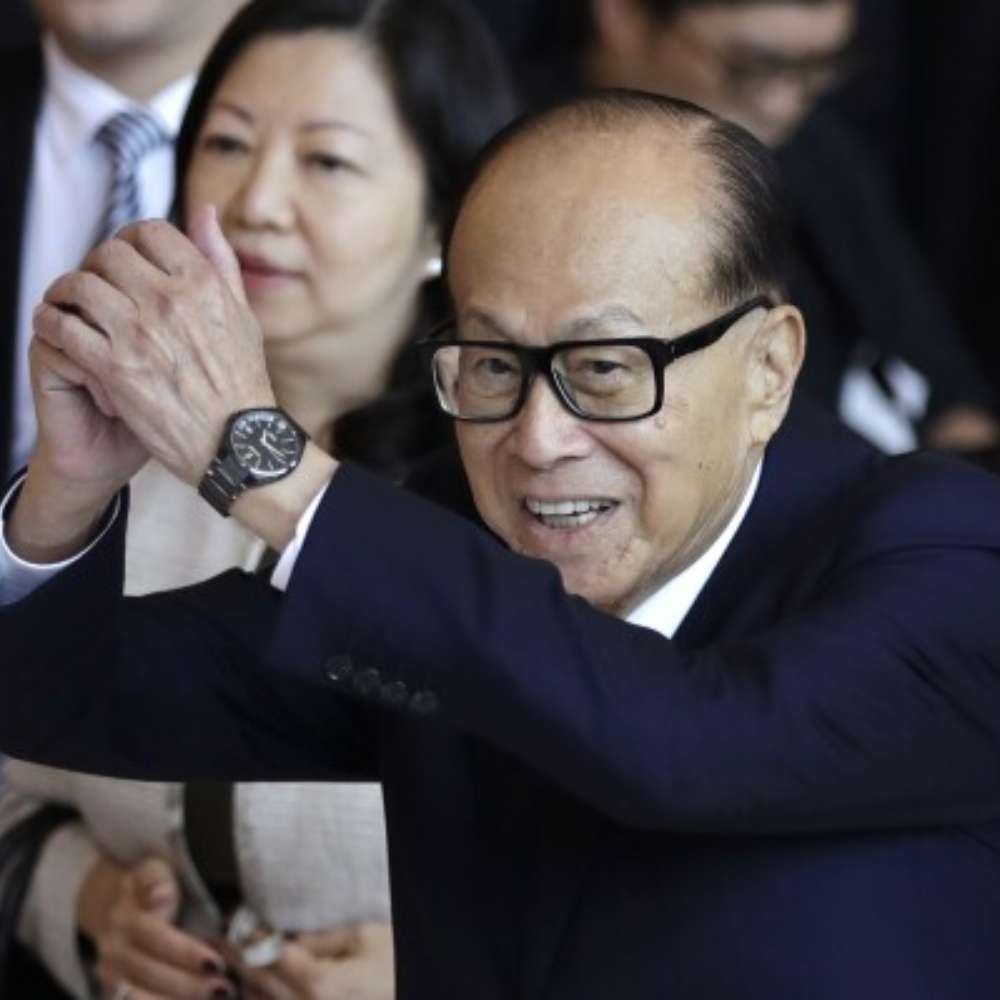Business Empire Under Fire
Hong Kong’s wealthiest businessman, Li Ka-shing, is facing intense scrutiny following a controversial decision by his company, CK Hutchison Holdings, to sell its Panama Canal port assets. The deal, which involves U.S. investment firm BlackRock Inc., has reportedly upset Chinese authorities. In response, Beijing’s Hong Kong affairs offices have amplified critical reports from state-backed media, raising concerns about the deal’s implications and the broader challenges businesses in Hong Kong Tycoon face when balancing commercial interests with political expectations.
Li, known as “Superman” for his business acumen, built an empire spanning property, telecommunications, and retail. While he retired as chairman in 2018, his influence remains significant. His company has operated ports at both ends of the Panama Canal since 1997, a strategic asset that even former U.S. President Donald Trump has cited in concerns about Chinese influence. The current backlash underscores the tensions between business autonomy and national interests, placing CK Hutchison in a precarious position as it navigates the fallout from the deal.
Political Ties and Rising Tensions
Li has long been a key figure in Hong Kong’s economic and political landscape. He has met with top Chinese leaders and served on influential committees shaping the city’s governance. Historically, Beijing has valued the support of Hong Kong’s business elite to maintain the city’s status as a global financial hub. However, his business decisions have occasionally drawn criticism. In 2015, after selling some mainland Chinese assets, state-affiliated media accused him of lacking patriotism. His stance during the 2019 pro-democracy protests also faced scrutiny, with some pro-Beijing factions questioning his loyalty.
The sale of CK Hutchison’s Panama Canal assets appears to have further strained relations. Reports suggest that Beijing was not consulted before the deal, frustrating officials who view ports as critical geopolitical assets. Experts believe the lack of prior communication may have left Chinese authorities feeling blindsided, potentially influencing future business dealings. While China’s Foreign Ministry has deflected questions about an official investigation, the uncertainty surrounding the deal raises broader concerns about the business environment in Hong Kong Tycoon and its relationship with Beijing.
Geopolitical and Economic Implications
Ports hold significant strategic value, making any transaction involving them highly sensitive. Analysts warn that pressure from Beijing could threaten the deal’s approval by Panama’s government. Wilson Chan, co-founder of the Pagoda Institute, notes that reversing the decision could provoke a strong reaction from U.S. political circles, particularly under a Trump administration that has previously imposed sanctions on Hong Kong and Chinese officials.
CK Hutchison has remained tight-lipped about the controversy. The company’s recent financial report omitted mention of the deal, though Chairman Victor Li acknowledged ongoing geopolitical risks and potential challenges in global trade. Some analysts suggest that Li Ka-shing may seek to mitigate Beijing’s dissatisfaction by redirecting proceeds from the sale into projects aligned with Chinese economic priorities.
As private enterprises in Hong Kong Tycoon navigate these complex political and economic dynamics, the outcome of this dispute could set a precedent for future business dealings. The situation underscores growing tensions in Beijing’s expectations of corporate loyalty and the broader implications for Hong Kong’s economic autonomy.







